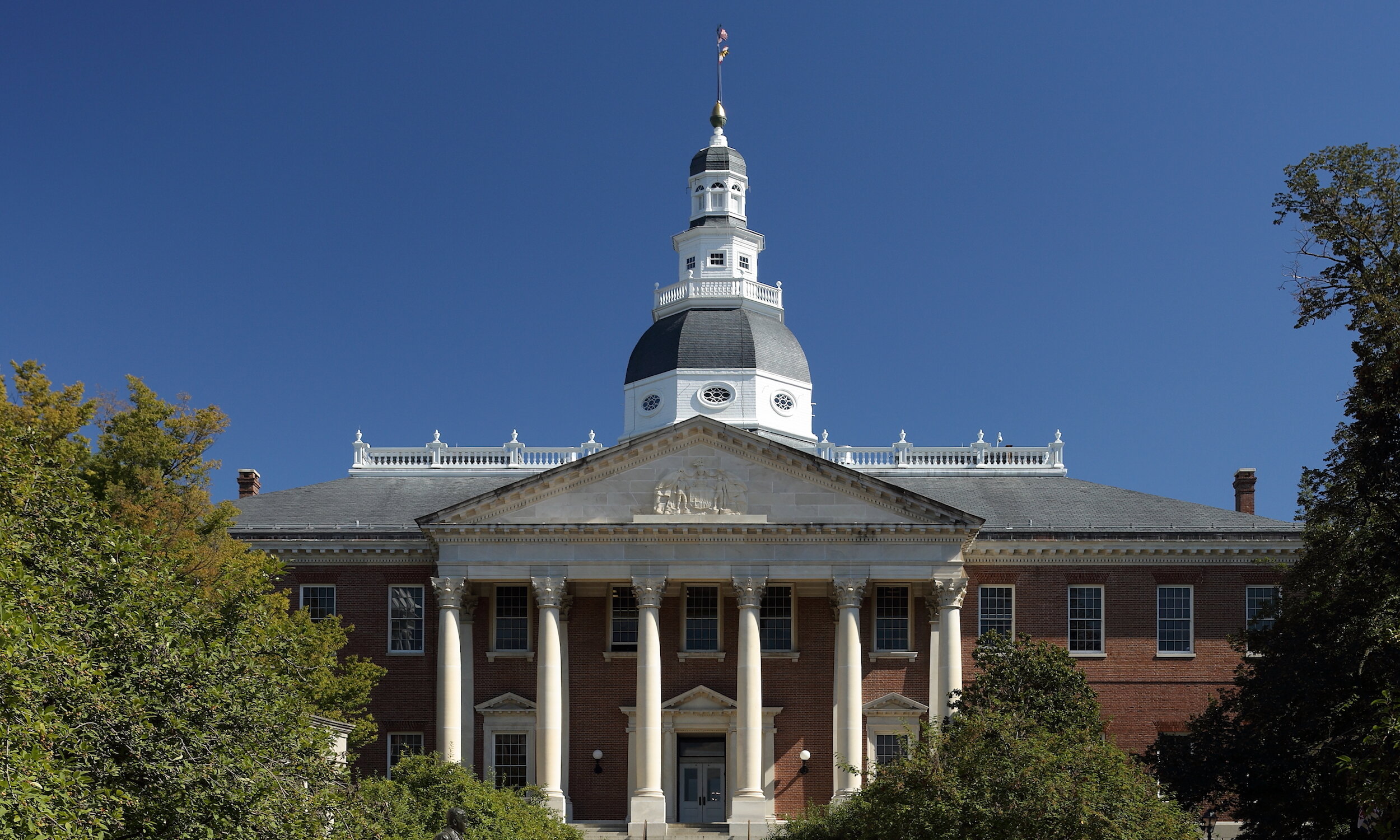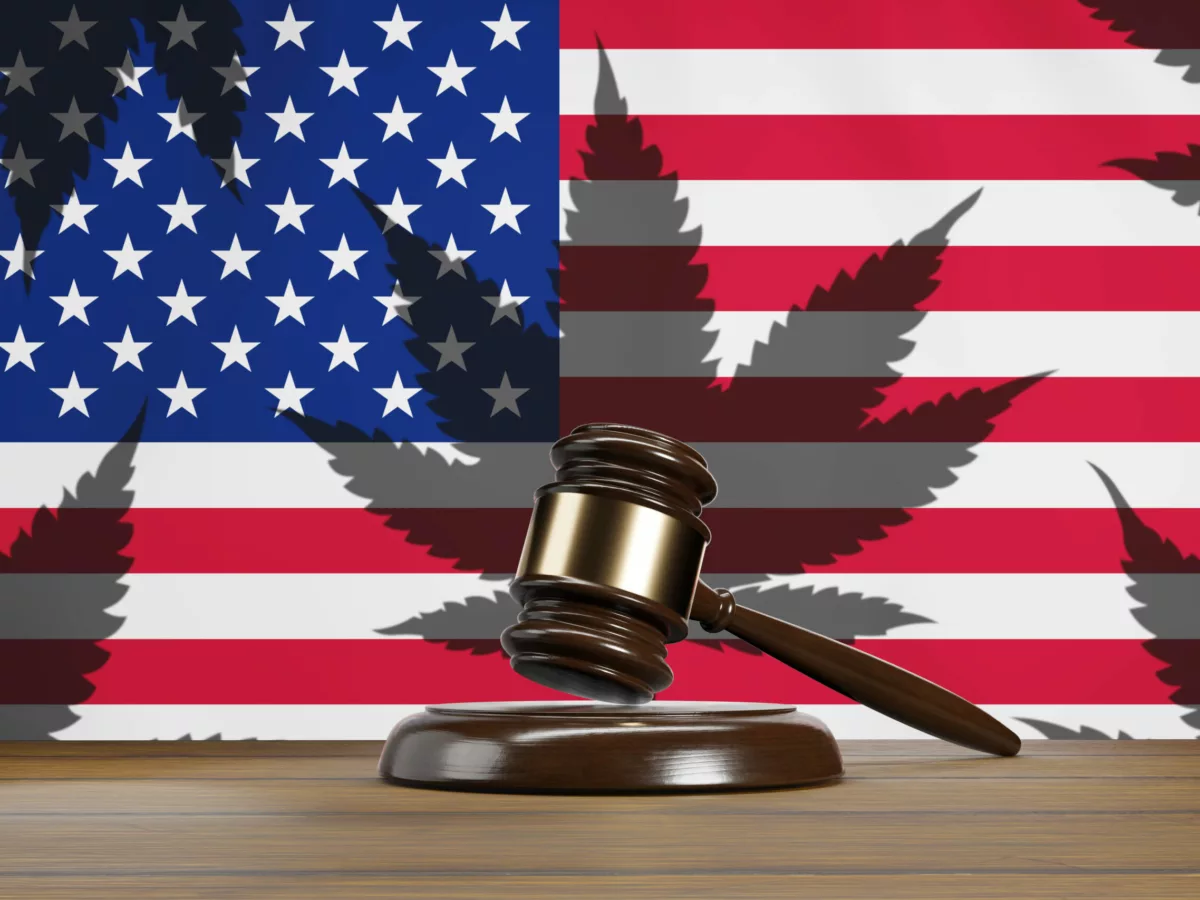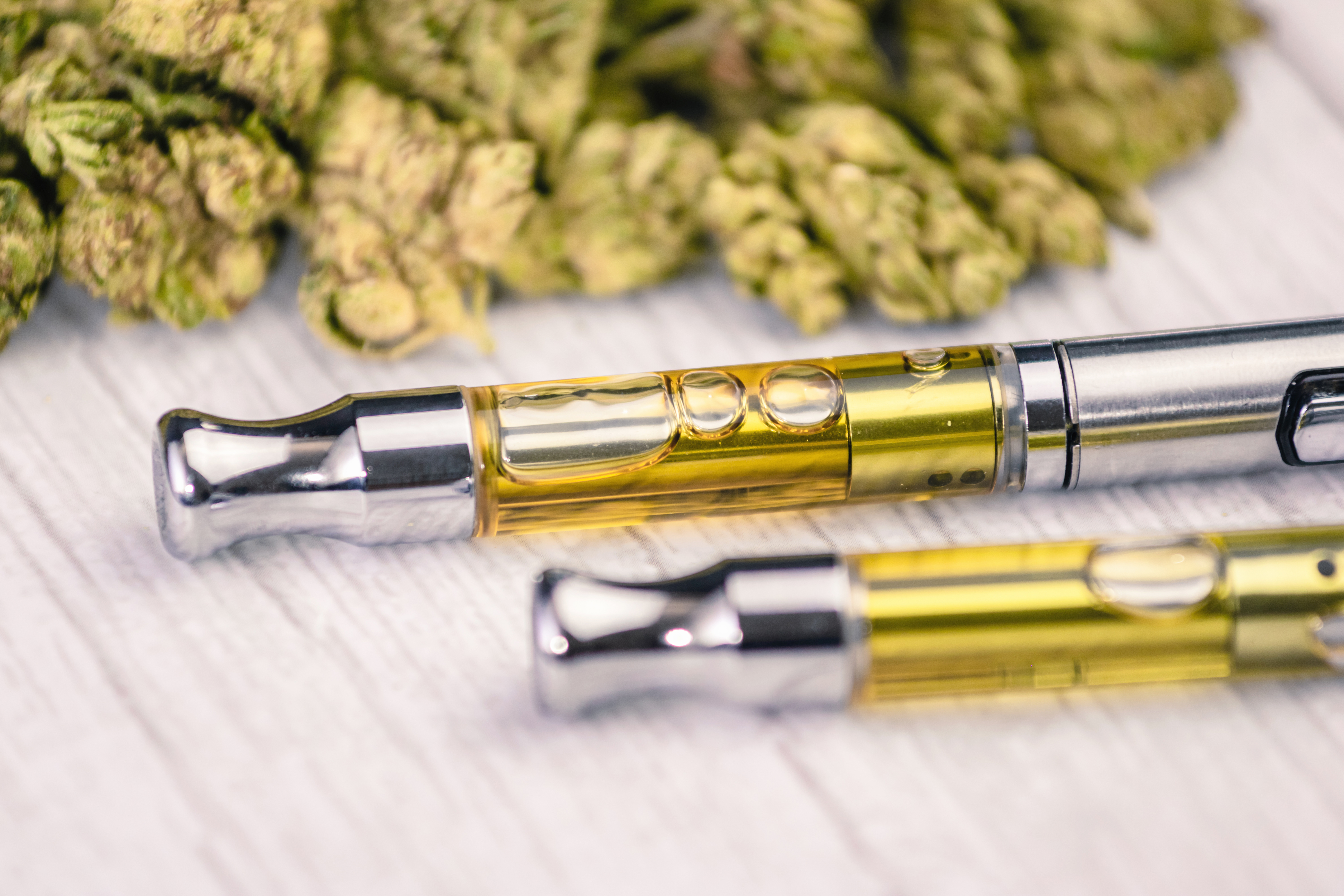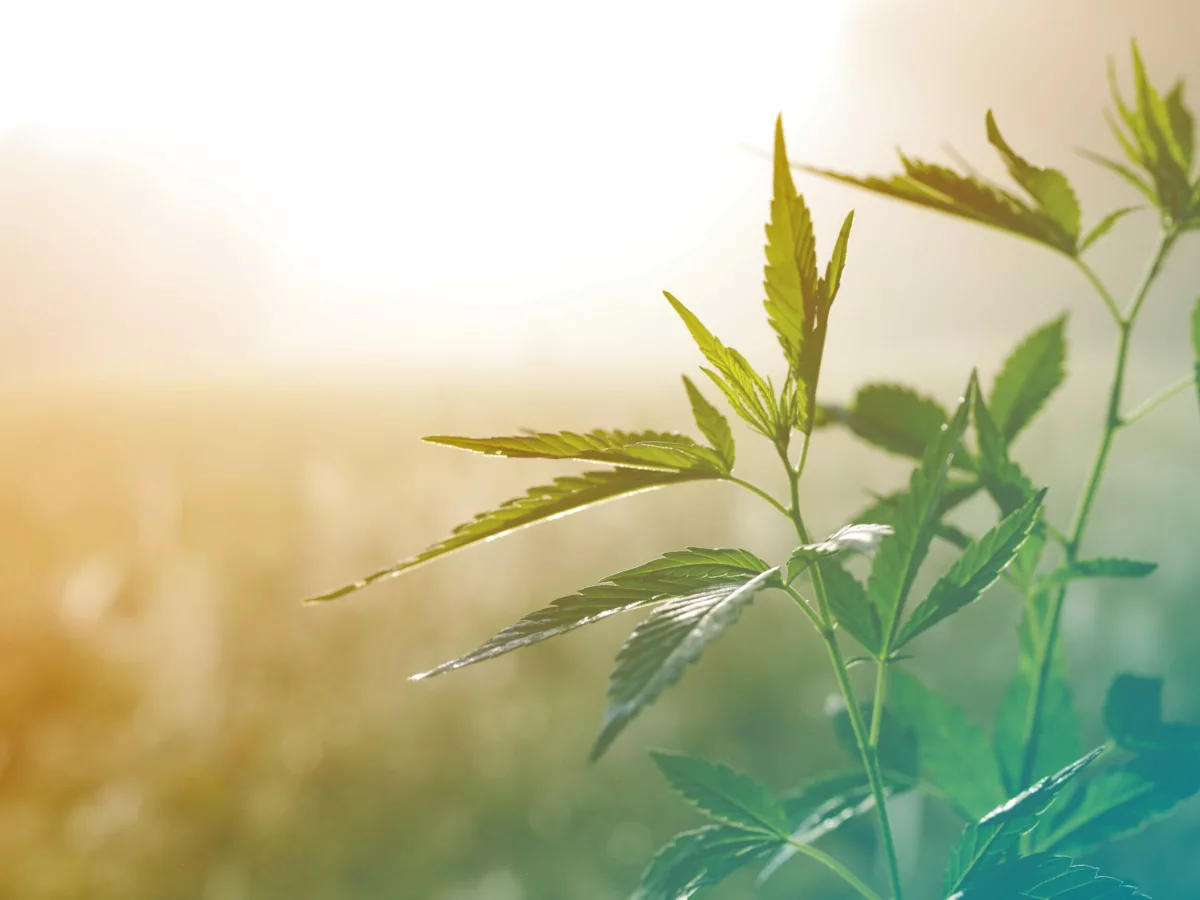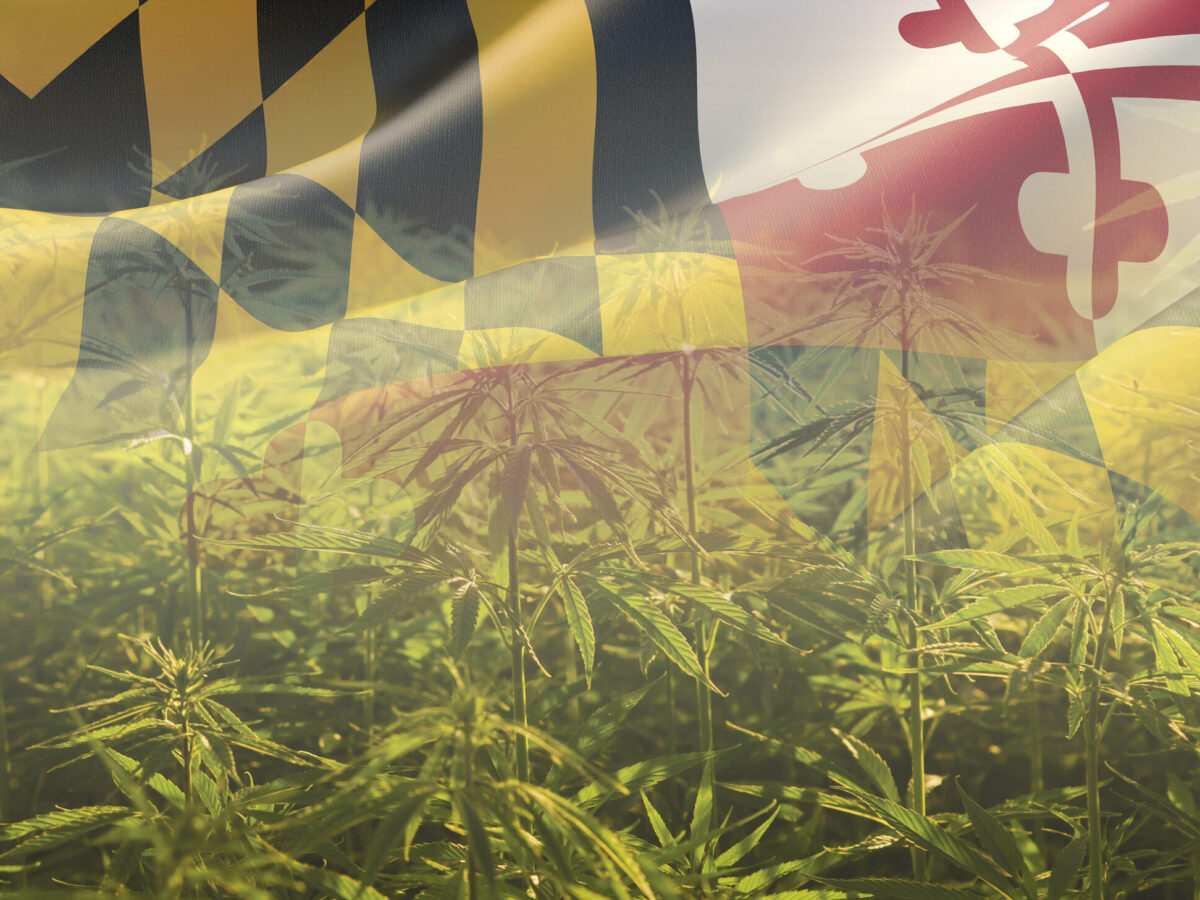A new panel of Maryland delegates met for the first time on Sept. 8 to start working on a legislative framework for cannabis legalization should voters approve the measure by referendum next year.
Del. Luke Clippinger (D-Baltimore), who chairs the newly formed House Cannabis Referendum and Legalization Workgroup, said the panel won’t introduce any reforms until 2023, once a referendum concludes in November 2022. Speaker of the House Adrienne Jones established the 10-member, bipartisan workgroup in July after announcing her support for putting legalization on the ballot next year.
The panel plans to address a range of issues that include expunging records and granting clemency for cannabis convictions, setting regulatory guidelines for the legal weed industry, and ensuring that Black people and other minority groups have opportunities to participate in that industry after being disproportionately harmed by prohibition.
”The Speaker has made it clear to me we will do this with an eye towards equity and in consideration to Black and Brown neighborhoods and businesses that have been historically impacted by cannabis use,” Clippinger said.
For its first session, the workgroup heard a presentation from John Hudak, a senior fellow of governance studies from the Brookings Institute, who chronicled the racist history of cannabis prohibition and the complex nature of the issues now facing lawmakers.
“That campaign that we commonly call The War on Drugs was wildly successful in terms of advancing racist efforts and racist policy goals,” Hudak said.
“And the result now that we have is a system that institutionalizes racism and creates a society in which even though whites and nonwhites in the United States use cannabis at about the same rates, we know that Americans of color — people of color in the United States — are arrested and convicted for cannabis related offenses at significantly higher rates than their white counterparts.”
He suggested a three-pronged approach to cannabis reform that prioritizes decarceration and expungement, equal opportunity in the legal industry, and reinvestment in communities that took the brunt of harsh weed laws. He noted that entire communities have been harmed by the War On Drugs, not just those who were arrested or convicted.
“Record expungement improves one day in a person’s life, the day they faced conviction for a cannabis-related offense,” Hudak explained. “It doesn’t affect all of the days that followed that conviction where that conviction and that record followed them along and cut them off from educational opportunities, employment opportunities, and other types of social opportunities.”
In July, Speaker Jones had raised “personal concerns” that legalization would encourage cannabis use among children and young adults. Hudak argued that those fears are unfounded, citing a 2020 survey that found that cannabis use has declined among Colorado high-schoolers since the state legalized the drug in 2012.
During the 2021 legislative session, two separate cannabis legalization bills were submitted by Del. Jazz Lewis (H.B. 32) and Sen. Brian Feldman (S.B. 708), but both died on the floor after lawmakers were unable to reconcile key differences between the legislation.
Del. David Moon (D-Montgomery) echoed concerns raised by advocates that a 2022 referendum would delay legalization while people remain incarcerated for cannabis-related convictions.
“The timeline that has been outlined at the beginning of this meeting seems to imply a legalization date beyond 2023, which for someone who cares about getting rid of these stupid crimes, seems like an entirely long time,” Moon said.
The House panel, whose next meeting is scheduled for Oct. 9, will continue to assemble throughout the 2022 legislative session until the legalization referendum.
